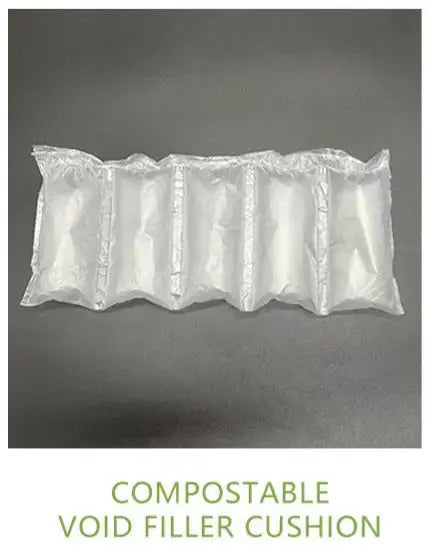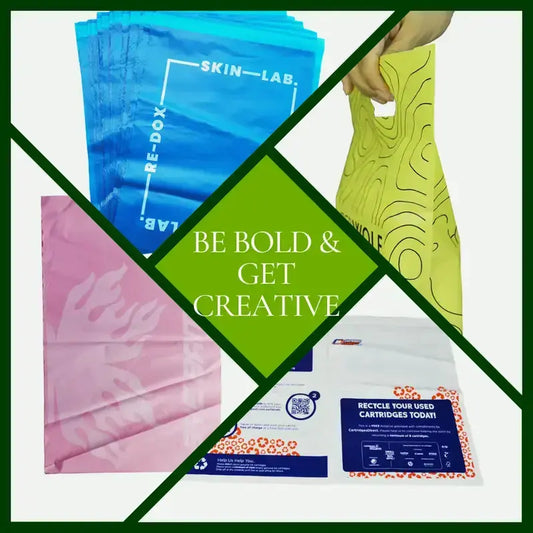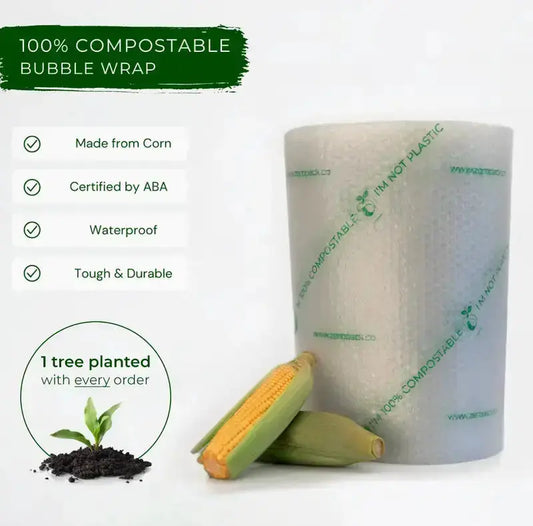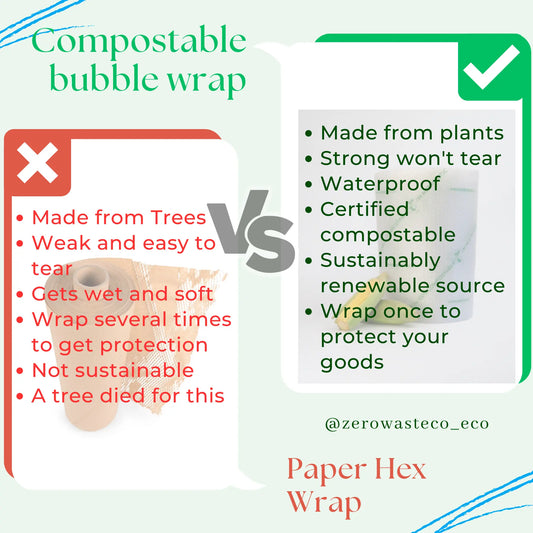Soft plastics have become an unavoidable part of our everyday lives, from grocery bags to food wrappers. Unfortunately, they are also one of the most problematic forms of waste. These plastics, which include everything from cling wraps to snack packaging, are notoriously difficult to recycle and often end up in landfills or, worse, in our oceans. The toxic effects of soft plastic pollution are far-reaching, impacting wildlife, ecosystems, and even human health. However, there is a solution to this crisis: transitioning to compostable materials.
The Problem with Soft Plastics
Soft plastics are designed for convenience, but their long-term effects on the environment are devastating. They are lightweight, which makes them prone to being blown into waterways and eventually the ocean. Once there, they break down into microplastics, tiny fragments that are ingested by marine life and find their way into the food chain.
Even when collected, soft plastics are incredibly challenging to recycle. Most recycling facilities do not accept them because they easily get tangled in machinery. As a result, the majority of soft plastics are sent to landfills, where they can take hundreds of years to decompose. During this time, they release harmful chemicals into the soil and air.
Compostable Plastics: A Better Way Forward
The shift from soft plastics to compostable materials offers a promising solution to this environmental crisis. Compostable materials are made from renewable plant-based materials, such as cornstarch or sugarcane, and are designed to break down in composting environments. Unlike soft plastics, which persist in the environment for centuries, compostable materials decompose within months under the right conditions, returning valuable nutrients to the soil.
Not only are compostable materials better for the planet, but they are also a win for businesses and consumers alike. As consumers become more aware of the environmental impact of plastic waste, they are increasingly seeking out sustainable alternatives. Companies that offer compostable packaging can tap into this growing demand and differentiate themselves in a crowded marketplace.
Benefits of Compostable Plastics Over Soft Plastics
-
Reduced Environmental Impact: Compostable materials do not contribute to long-lasting pollution. In composting facilities, they break down into natural elements, leaving no toxic residue behind.
-
Renewable Resources: Unlike traditional soft plastics, which are derived from fossil fuels, compostable materials are made from renewable plant sources. This reduces the carbon footprint associated with their production.
-
Less Strain on Recycling Systems: Compostable materials eliminate the need for complicated recycling processes. They can be placed in compost bins rather than recycling centers, where they will naturally degrade.
-
Safer for Wildlife: Because compostable materials break down quickly, they are far less likely to be mistaken for food by animals, reducing the risk of ingestion and the harm caused by microplastics.
-
Compliance with Plastic Bans: As more regions enact bans on single-use plastics, businesses can future-proof themselves by adopting compostable packaging that complies with new regulations.
The Future of Packaging
The transition from soft plastics to compostable materials is not just a trend—it's a necessary evolution for the health of our planet. While soft plastics have served a purpose in modern convenience, their environmental costs are simply too high to ignore. Compostable materials provide a sustainable alternative that meets the needs of both businesses and consumers while protecting the planet for future generations.
It's time to make the switch. By choosing compostable packaging, we can break free from our toxic addiction to soft plastics and move towards a future where convenience no longer comes at the expense of the environment.

















0 comments